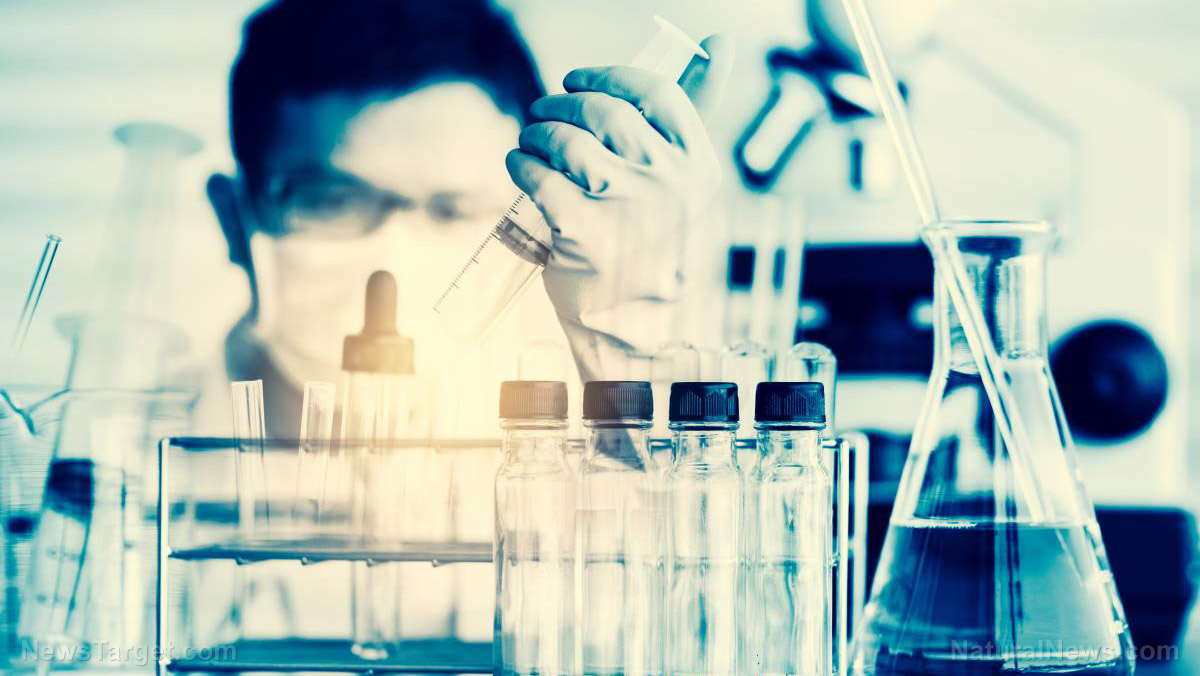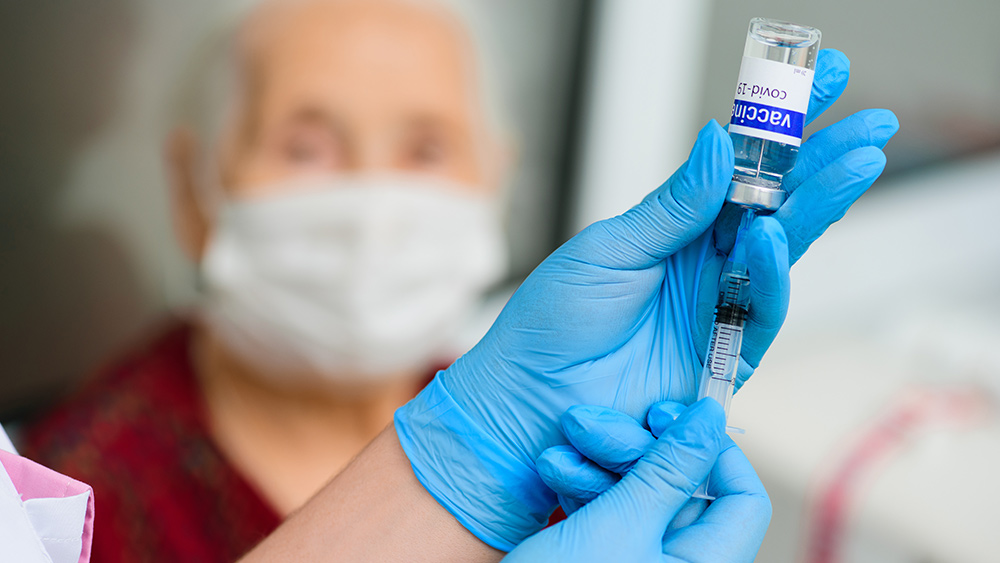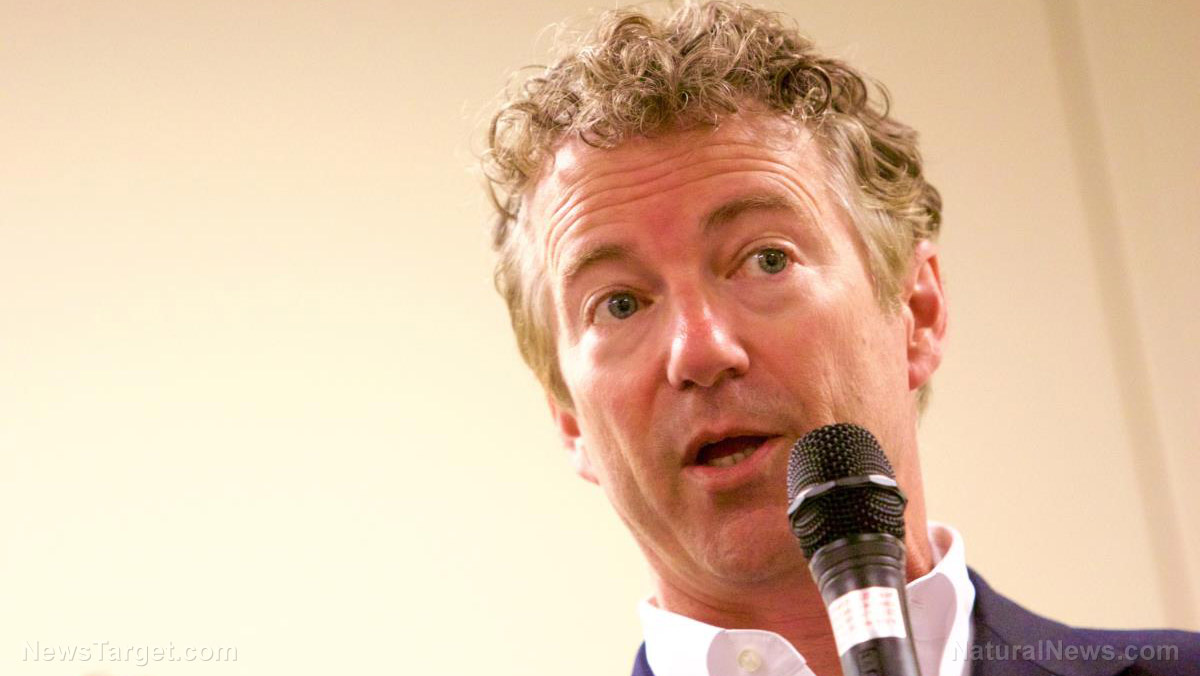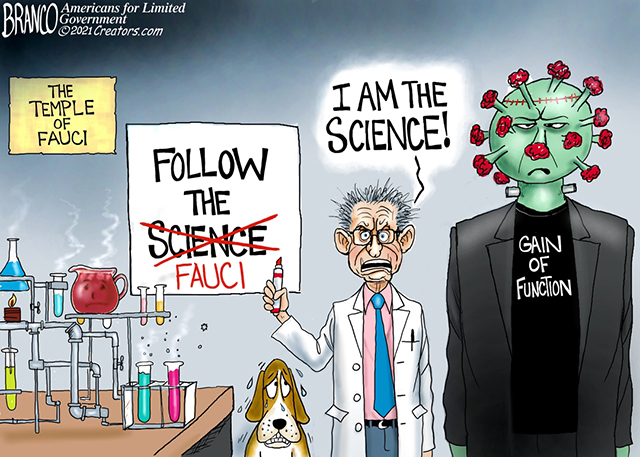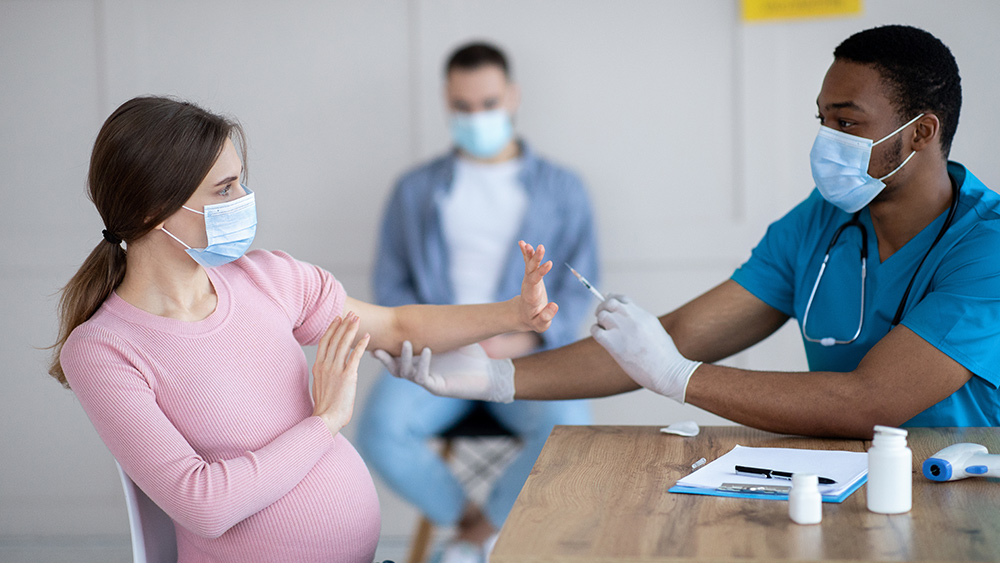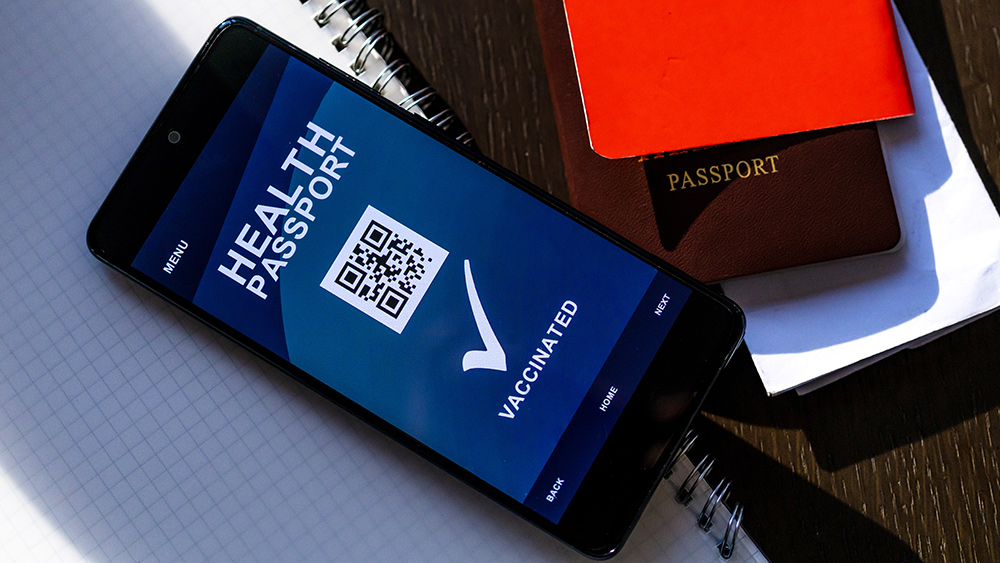Big money for Big Pharma: World Bank to inject more money into Big Pharma’s accounts
07/03/2021 / By Nolan Barton

The World Bank is set to inject more money into Big Pharma companies as the focus of global vaccine rollouts shifts to poor countries.
World Bank President David Malpass said on Wednesday, June 30, they will boost total financing for coronavirus (COVID-19) vaccine purchases and deployment to $20 billion from the previous target of $12 billion.
The initial $12 billion had been approved by World Bank’s Board of Executive Directors in October last year for developing countries to finance the purchase and distribution of COVID-19 vaccines, tests and treatments for their citizens. Financing for poorer countries is on grant or highly concessional terms.
The World Bank also announced Wednesday that it is providing over $4 billion for the purchase and deployment of COVID-19 vaccines for 51 developing countries, half of which are in Africa.
More than half of the financing comes from the International Development Association (IDA), the bank’s fund for the world’s poorest countries. This financing is part of the bank’s $20 billion commitment to help low- and middle-income countries acquire and distribute vaccines and strengthen their health systems. (Related: Coronavirus pandemic creates 9 new Big Pharma billionaires.)
That commitment will be scattered to developing countries for their vaccine rollouts within 24 months.
In April, World Bank announced that $2 billion of that fund will support COVID-19 vaccination in Afghanistan, Bangladesh, Cabo Verde, Cote d’Ivoire, Ecuador, El Salvador, Eswatini, Ethiopia, the Gambia, Honduras, Lebanon, Mongolia, Nepal, Philippines, Rwanda, Tajikistan and Tunisia.
“Access to vaccines is key to altering the course of the pandemic and helping countries move toward a resilient recovery,” Malpass said at the time. “Our programs are helping developing countries respond to the health emergency and have financing available for vaccines.”
World Bank’s vaccine finance package designed to be flexible
The World Bank’s vaccine finance package is designed to be flexible. It can be used by countries to procure doses through COVAX or other sources. It can also finance other key deployment and health system strengthening activities, such as medical supplies, personal protective equipment, vaccine cold-chains, training health workers, data and information systems and communications and outreach campaigns to key stakeholders.
Additionally, the International Finance Corporation, World Bank’s private sector development arm, has a $4 billion health platform to increase the supply and local production of personal protective equipment in developing countries and unlock medical supply bottlenecks in emerging markets, particularly in medical equipment and vaccines.
The World Bank is working with governments and partners to assess the readiness of over 140 developing countries to deploy vaccines. Initial findings show that while 85 percent of countries have developed national vaccination plans, only 30 percent have plans to train the number of vaccinators needed and 27 percent have put public engagement strategies in place to address vaccine hesitancy.
“To get a vaccine into someone’s arm, there is a whole system of interdependent actions that needs to function properly,” said Axel van Trotsenburg, the bank’s managing director for operations. “We are working together with the international community and partners to accelerate the rollout of COVID-19 vaccines. Vaccines are a key element in how we return to school, to work and to growth.”
Financing demand from developing countries goes up by $40B during pandemic
According to van Trotsenburg, they have seen a sharp increase in overall financing demand from developing countries during the pandemic. (Related: Pandemic widens gap between rich and poor, analysis shows.)
He told reporters that World Bank had made nearly $100 billion in lending commitments since the outbreak of the crisis in early 2020, well above the normal level of just under $60 billion. High demand for financing was expected to continue well into 2022, he said.
Since the start of the COVID-19 pandemic, the World Bank Group has approved more than $150 billion to fight the health, economic and social impacts of the pandemic. Since April 2020, the Bank has scaled up its financing by over 50 percent, helping more than 100 countries meet emergency health needs, strengthen pandemic preparedness, while also supporting countries as they protect the poor and jobs and jump-starting a climate-friendly recovery. It is assisting over 100 countries with COVID-19 health emergency projects, reaching 70 percent of the world population.
The World Bank Group is comprised of the IDA, the IFC, the International Bank for Reconstruction and Development (IBRD), the Multilateral Investment Guarantee Agency (MIGA) and the International Center for Settlement of Investment Disputes (ICSID).
Follow PharmaceuticalFraud.com for more news and information related to Big Pharma companies.
Sources include:
Tagged Under: bad medicine, Big Pharma, coronavirus, COVAX, COVID, covid-19, COVID-19 vaccination, COVID-19 vaccine, developing countries, fiet currency, finance, financing, health systems, medical supplies, Money Printing, pandemic, personal protective equipment, Plandemic, scamdemic, Twisted, vaccine cold-chains, vaccine rollout, vaccines, World Bank
RECENT NEWS & ARTICLES
COPYRIGHT © 2017 VACCINE JIHAD






